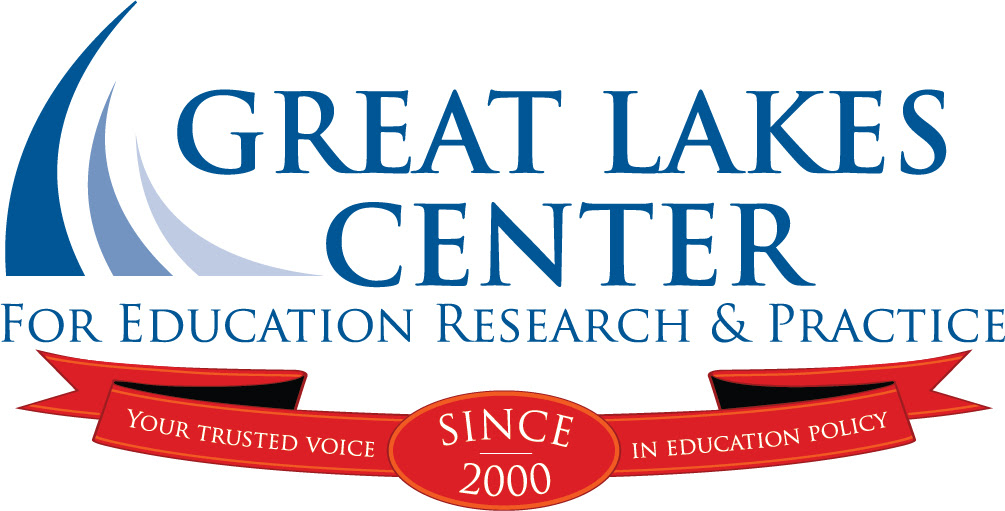June 9, 2023
Report makes overreaching claims about effectiveness of Teach for America teachers
The second of two items from the folks at the Great Lakes Center for Education Research & Practice. This one a “Think Twice” review of a think tank report from the folks at the National Education Policy Center.
Inside Look Great Lakes Center’s exclusive subscriber email featuring key points, information and social media content about reviews and research
We continue to see shortages in the teaching profession, especially in urban and rural schools. To fill vacancies, school districts have increasingly partnered with fast-track teacher certification programs like Teach for America. While most Teach for America educators leave their positions after two years, some continue teaching in their original schools and districts.
A recent report published by the Annenberg Institute at Brown University presents findings from a study examining Teach for America educator turnover, as well as the teachers’ contributions to fourth- through eighth-grade student achievement.
A review finds the report has a narrow focus and uses selective interpretation of research, leading to a misrepresentation of Teach for America’s outcomes.
Read on to learn more.
Maddie Fennell
Executive Director
Great Lakes Center for Education Research and Practice
REPORT REVIEWED
WHAT THE REVIEWER FOUND
Read the full review on the Great Lakes Center website or on the National Education Policy Center website.
WHY YOU SHOULD CARE
The report should not be used to inform policy decisions about whether to hire Teach for America teachers. We already know, based on a large amount of research, that there’s a link between improvement in teacher performance with years of teaching experience. Like other research of this kind, the report fails to acknowledge the problems created by the distribution and placement of inexperienced Teach for America teachers in under-resourced, low-performing schools.
TALKING POINTS TO REMEMBER
- A report published by the Annenberg Institute at Brown University presents findings from a study examining Teach for America educator turnover and contributions of those teachers to student achievement.
- A review of the report found it has a narrow focus and uses selective interpretation of research.
- Policymakers should take caution when interpreting the broader conclusions from the report about the effectiveness of Teach for America teachers.
SOCIAL SHARES
Want to share this Think Twice Review with your social networks? We drafted some sample social media posts for your use.
As the #EducatorShortage continues, some school districts have partnered with fast-track teacher certification programs. How do these teachers impact student achievement?
A recent report presents findings from a study examining @teachforameria turnover, but its conclusions misrepresent the outcomes of the program. Learn more:
A @nepctweet review finds a report about the effectiveness of fast-track teacher certification programs on student achievement overreaches in its conclusions. Read the review:
Copyright © 2019 Great Lakes Center for Education Research & Practice, All rights reserved.
You are receiving this email because you opted in via our website.Our mailing address is:
Great Lakes Center for Education Research & Practice
PO Box 1263
East Lansing, MI 48826-1263
No comments yet.
RSS feed for comments on this post. TrackBack URI
- SEO Powered Content & PR Distribution. Get Amplified Today.
- EVM Finance. Unified Interface for Decentralized Finance. Access Here.
- Quantum Media Group. IR/PR Amplified. Access Here.
- PlatoAiStream. Web3 Data Intelligence. Knowledge Amplified. Access Here.
- Source: https://virtualschooling.wordpress.com/2023/06/09/report-makes-overreaching-claims-about-effectiveness-of-teach-for-america-teachers/





